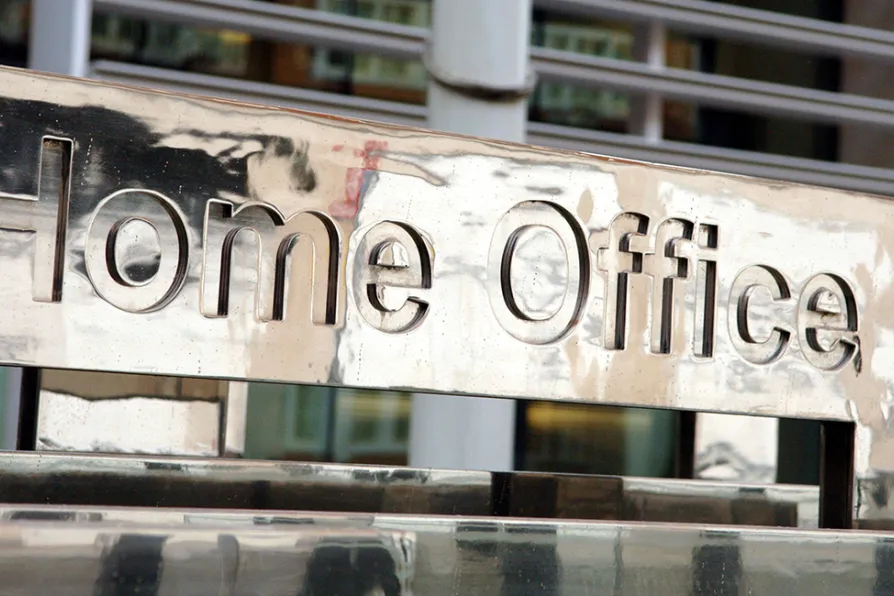
 The Home Office in central London
The Home Office in central London
EVEN Prevent’s own data proves that the discriminatory programme cannot tackle rising extremism, campaigners have warned.
New Home Office figures show a record number of referrals to the scheme, which claims to divert people from terrorism.
Data revealed that there were 8,778 referrals in 2024/25 — up 27 per cent from 6,922 in the previous year.
However, only 1,472 were adopted through the subsequent “Channel” stage of the programme, which is meant to offer individuals tailored support.
Human rights groups have condemned the discriminatory scheme, with UN officials previously expressing concern that half of the children reported to the programme were of Muslim or Asian descent.
Significant data gaps, however, remain because ethnicity is not a required field in referrals.
Alba Kapoor, racial justice lead at Amnesty International, said: “Once again, Prevent’s own data shows it cannot tackle rising extremism.
“It is an ineffective, discriminatory programme which is not compliant with international human rights law.”
A third of referrals in the year to March involved individuals with at least one mental health or neurodiversity condition.
Autistic Spectrum Disorder was the most common condition, which was recorded in 14 per cent of all referrals.
Children, meanwhile, accounted for over half of referrals.
“It is particularly concerning that such a high proportion of referrals are children or neurodiverse people, who often need support rather than being treated as potential terrorists,” Ms Kapoor said.
Most referrals were in the “no ideology” category at 56 per cent.
Extreme right-wing ideology accounted for 21 per cent, compared to those related to Islamist extremism at 10 per cent.
But Cage International warned that the rise in far-right referrals does not redeem the programme’s discriminatory core.
“While the government may present these figures as ‘proof’ of balance, Prevent’s underlying framework continues to disproportionately target Muslims, guided by vague indicators and a securitised logic that equates religious or political expression with potential extremism,” a statement by the group said.
“The spike in ‘no-ideology’ referrals does not reflect a sudden rise in ideologically free threats, but rather Prevent’s ever-expanding scope — capturing individuals who pose no risk of violence whatsoever.
“This mission-creep only deepens the programme’s reach into schools, healthcare, and community spaces, normalising surveillance and suspicion as a default response to social issues.”










